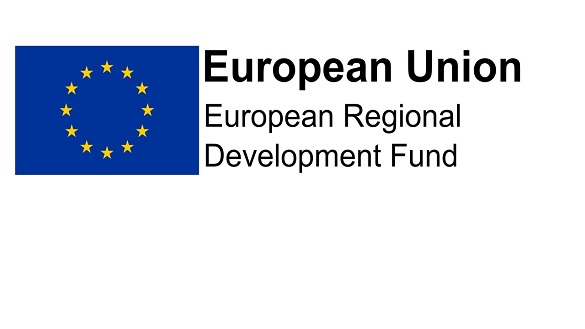Multi-million grant to work with small businesses in infectious diseases prevention

The University of Liverpool is part of local consortium awarded £3.3million from the European Regional Development Fund (ERDF) to improve product development in the formulation of infectious diseases therapeutics.
The University’s Open Innovation Hub for Antimicrobial Surfaces is one of the consortium partners and will host one of three work platforms, providing expertise in developing smart anti-infective surface technologies to deliver therapeutics and to contain the spread of infection
The consortium for the ERDF project is led by the Liverpool School of Tropical Medicine (LSTM) and also involves Unilever.
The programme will engage up to 300 SMEs and coherently network a minimum of 60 regional based Small & Medium sized Enterprises (SMEs) with the infection-based research and development at LSTM, the University of Liverpool’s Surface Chemistry group and the Unilever microbiology laboratory at the Materials Innovation Facility in a format that will help to drive productivity of the SME sector, and directly increase their potential to access global markets for the resulting products.
The grant comes via the UK Ministry of Housing, Communities and Local Government, who are working closely with the Liverpool City Region Combined Authority to ensure ERDF grant applications are aligned to LCR priorities.
Steve Rotheram, Metro Mayor, said: “We are very pleased to be able to use ERDF to support the development of one of the city region’s key innovation strengths. This project will establish the critical link in the infection innovation ecosystem between research, industry and manufacturing and overcome those roadblocks that are in the way of successful product development.”
Professor Rasmita Raval, Director of the Open Innovation Hub for Antimicrobial Surfaces said: “Anti-infective surfaces are at the frontline of infection control and new surface technologies have the potential to break and contain chains of transmission. This project creates an excellent opportunity to translate our state-of-the-art surface science research into the region’s innovation pipeline and impact on global societal needs.”
Project lead, LSTM’s Professor Janet Hemingway, said “This funding aims to align the best regional science platforms and connect them to a strong and innovative industrial base to deliver new products, which will prevent transmission of infectious diseases agents such as viruses, bacteria and parasites. It will help us responding to disease outbreaks such as the current COVID-19 pandemic.”
Unilever’s Chief Research & Development Officer, Richard Slater, said: “This year's events have underlined the pressing need for products that help to prevent the transmission of infectious diseases. This grant further supports close collaboration between research and industry, so that we can bring together the best scientific expertise, latest technology and industrial capabilities to develop innovation that will help to protect people for years to come.”
SMEs with projects that might benefit from access to three dedicated Research & Development (R&D) workspaces with the associated staff to guide their R&D needs can access the programme through the CEIDR - Innovations team from early August 2020.
This new project is in addition to the major new consortium project that received £18.6m from UK Research and Innovation’s flagship Strength in Places Fund (SIPF) to deliver on an innovative project delivering integrated therapeutic solutions for human infections.
Notes to Editors:
European Regional Development Fund
The project is receiving up to £3.3million funding from the England European Regional Development Fund (ERDF) as part of the European Structural and Investment Funds Growth Programme 2014-2020. The Department for Communities and Local Government is the Managing Authority for ERDF. Established by the European Union ERDF funds help local areas stimulate their economic development by investing in projects which will support innovation, businesses, create jobs and local community regenerations. For more information visit https://www.gov.uk/european-growth-funding.
